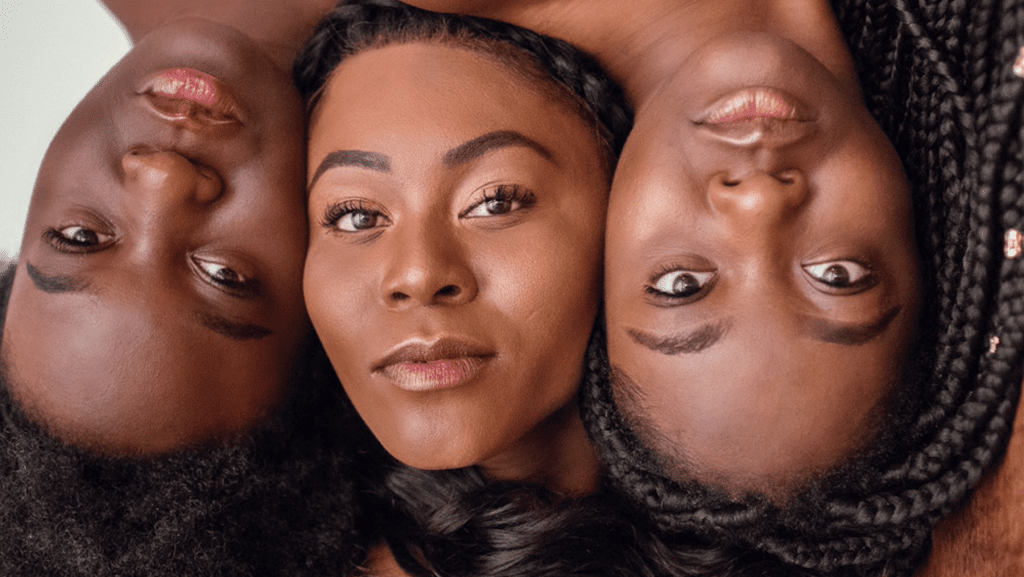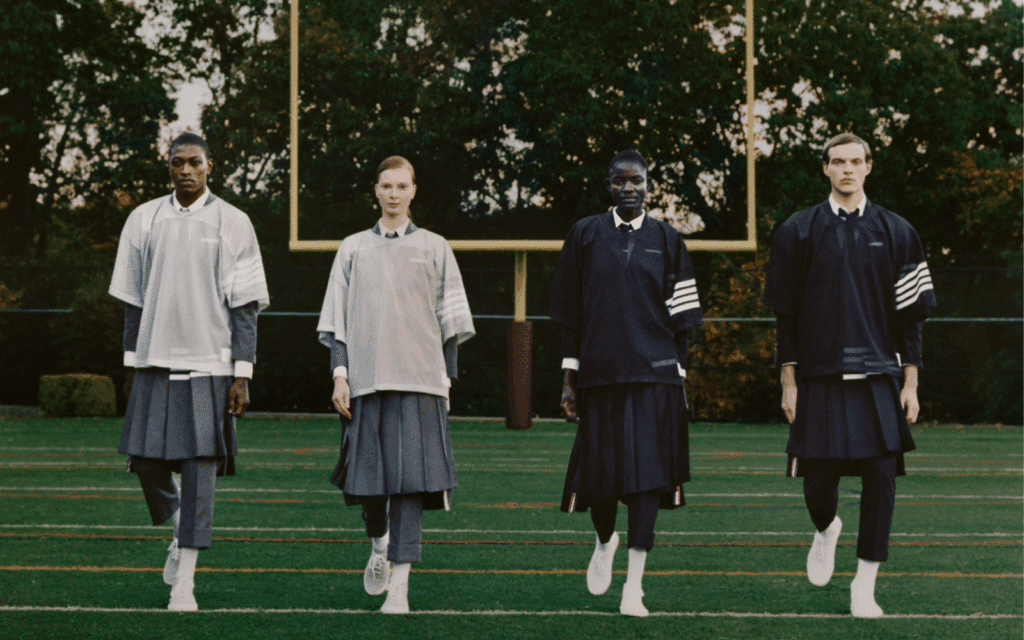Federal law in the U.S. fiercely protects against discrimination. Title VII of the Civil Rights Act, for instance, prohibits discrimination by covered employers on the basis of race, color, religion, sex and national origin. The Americans with Disabilities Act prohibits discrimination against individuals with disabilities in places that are open to the general public. Across the country, states have adopted laws of their own, providing protection against discrimination based on various factors. Yet, even with sweeping legislation in place, one thing, in particular, routinely gives rise to inequity: hair.
Barely three years ago, Cree Ballah, a 20-year old employee at one of Zara’s outposts in Toronto, filed a complaint with the Ontario Human Rights Commission, citing discrimination. According to Ballah, store managers employed by the Spanish fast fashion giant discriminated based on her braided hair. “My hair type is linked to my race, so to me, I felt like it was direct discrimination against my ethnicity in the sense of what comes along with it,” said Ballah, who describes herself as bi-racial. “My hair type is also out of my control and I try to control it to the best of my ability, but that wasn’t up to Zara’s standards.”
A year later, Banana Republic made headlines when then-19-year-old Destiny Tompkins, who worked at the company’s White Plains, New York location, revealed that she was reprimanded for “violating the store’s dress code” in connection with her braided hair. Tompkins asserted that she was informed by her manager that her hair was “a little too urban and unkempt for [the brand’s] look and image,” and that if she “didn’t take out [the braids], she couldn’t be scheduled for shifts.”
“Box braids are not a matter of unprofessionalism, they are protective styles black women have used for their hair,” Tompkins, who was working at Banana Republic part-time while attending college at SUNY Purchase, said at the time. “To be discriminated against because of it is truly disgusting and unacceptable.”
Both instances – had they occurred in New York City – would likely fall under a brand new legal guideline issued this week by the New York City Commission on Human Rights, one that bars racial discrimination on the basis of hair.
According to the New York Times, “In practice, the guidelines give legal recourse to individuals who have been harassed, threatened, punished, demoted or fired because of the texture or style of their hair.” The Commission on Human Rights “can levy penalties up to $250,000 on defendants that are found in violation of the guidelines,” in addition to forcing that defendant companies make “internal policy changes and rehirings.”
The change in The New York City Human Rights Law adds discrimination based on hair/hairstyle to the already protected classes of race, gender, national origin, and religion, among others. According to the Times, the newly-enacted language applies to anyone in New York City, but is largely “aimed at remedying the disparate treatment of black people,” including their right to maintain “natural hair, treated or untreated hairstyles such as locs, cornrows, twists, braids, Bantu knots, fades, Afros, and/or the right to keep hair in an uncut or untrimmed state.”
To date, case law is devoid of decisions regarding the legislative protection against discrimination based on hair. Still, “There’s nothing keeping us from calling out these policies prohibiting natural hair or hairstyles most closely associated with black people,” Carmelyn P. Malalis, the commissioner and chairwoman of the New York City Commission on Human Rights, told the Times.
The newly-updated law is believed to be the first in the country to legally prohibit covered employers, housing providers, and providers of public accommodations, as well as law enforcement from engaging in discrimination based on natural hair or hairstyles associated with race.














